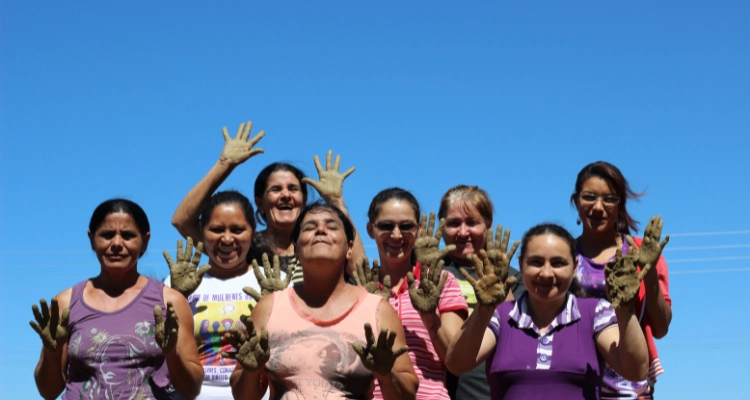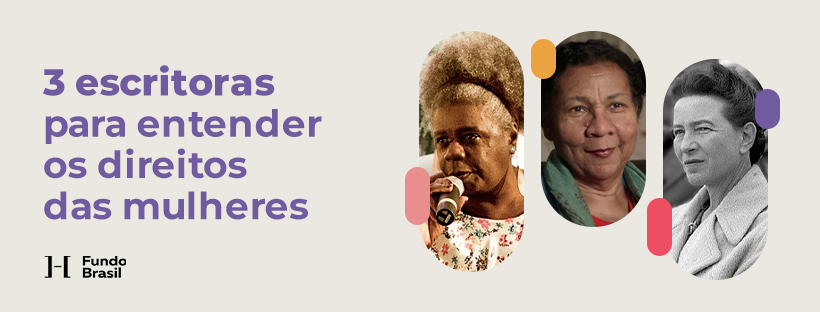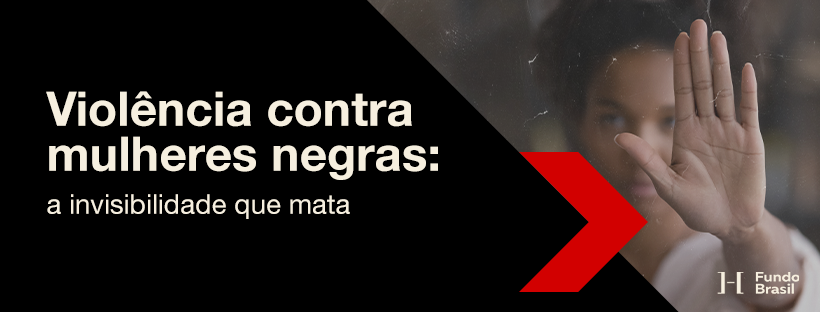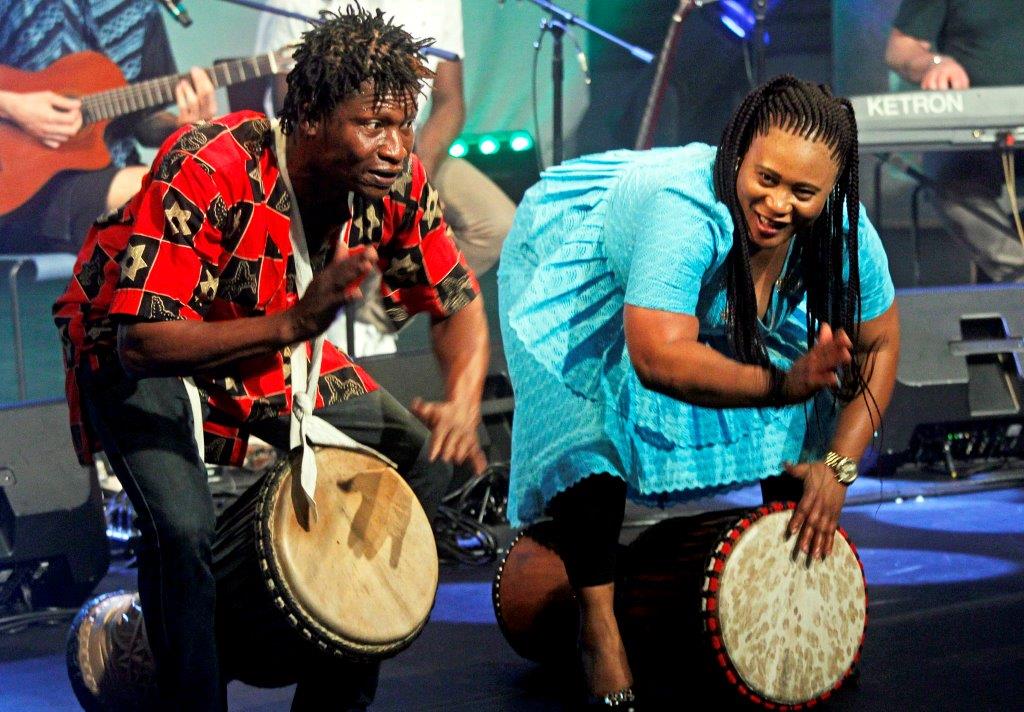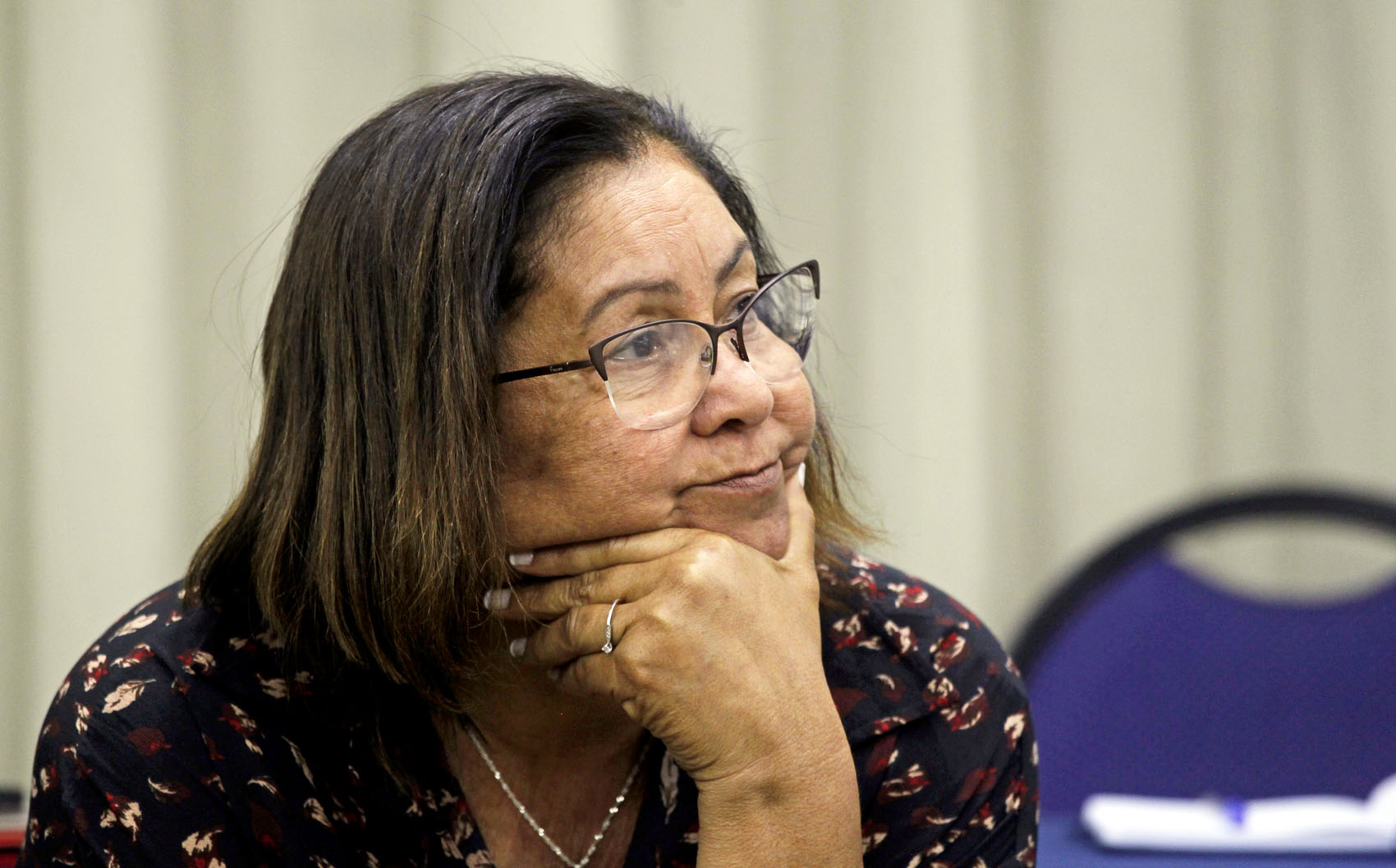-
About the Fund
-
-
Know our mission, our impact and the team
Learn more -

-
-
-
Our work
-
-
We strengthen the Brazilian organized civil society for the promotion and defense of human rights
Learn more -

-
-
Supporting Civil SocietyCalls for proposals, emergency supports, invited grants and thematic programs
-
Thematic programsGet to know our specific supporting initiatives

-
-
Search the full list or by theme of interest
Learn more
-
-
MobilizingCommunication and fundraising for the defense of rights
-
- Get involved
- Contact






























